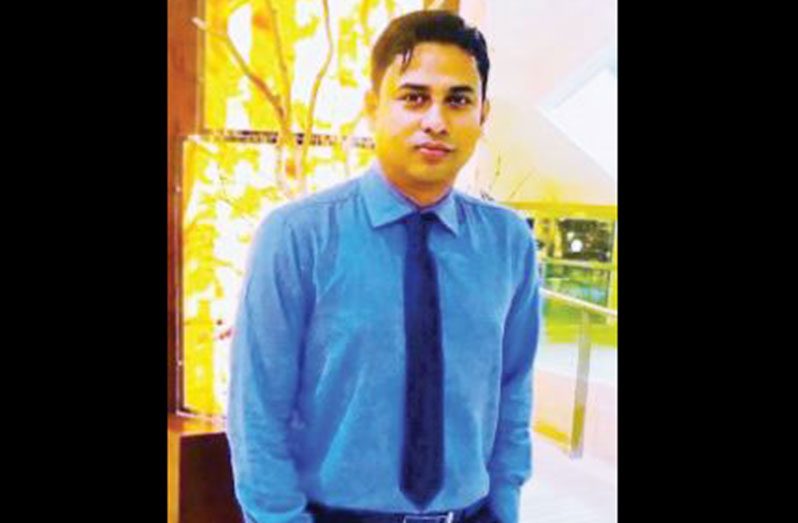— says obstetrician & gynaecologist
WHEN breast cancer is detected and treated early, the chances of survival are very high. For years, many doctors and specialists have been urging women to conduct regular self-examinations and have mammograms done. Despite their pleas, late detection remains a breast cancer issue.
Speaking on the subject, Consultant – Specialist, Obstetrician & Gynaecologist, Dr. Rafi Rozan, during a recent interview with the Guyana Chronicle said that a social change is what is needed to decrease the percentage of late breast cancer diagnosis.
“Regular screening mammography starting at age 40 years reduces breast cancer mortality in average-risk women. Breast cancer risk assessment is very important for identifying women who may benefit from more intensive breast cancer surveillance.”
According to Dr. Rozan, breast cancer mortality rates have decreased substantially during the past 50 years. This decrease has been attributed to early detection and improvements in breast cancer treatment.
He noted that regular screening mammography should start at age 40, especially in women who may have a family history of breast cancer, ovarian cancer, or other hereditary breast and ovarian syndrome-associated cancer.
Breast cancer became the most common cancer globally as of 2021, accounting for 12 per cent of all new annual cancer cases worldwide, according to the World Health Organisation.
Breast cancer accounts for over two million cases each year. It is also the leading cause of cancer death in women worldwide.
Breast cancer is the most commonly diagnosed cancer among American women. In 2021, it’s estimated that about 30 per cent of newly-diagnosed cancers in women will be breast cancers.
In women under 45 years, breast cancer is more common in women of African descent than women of other ethnicities.
REGULAR MAMMOGRAMS
Breast self-examination, breast self-awareness, clinical breast examination, ultrasound and mammography all have been used alone or in combination to screen for breast cancer.
While self-examinations are somewhat effective, Dr Rohan noted that it is advised that women opt to have the examination done by a specialist.
He noted that recent recommendations from the American College of Obstetricians and Gynaecologists for Breast cancer screening suggest that clinical breast examination may be offered every one-three years for women aged 25-39 years and annually for women 40 years and older. Mammography initiation age starting at 40 years. Mammography should continue until age 75 years.
Beyond 75 years, the decision to discontinue should be based on a shared decision-making process that includes a discussion of the woman’s health status and longevity.
Being seen by a specialist, he explained, will also help to identify patients who may be asymptomatic.
“The goal of screening for cancer is to detect preclinical disease in healthy, asymptomatic patients to prevent adverse outcomes, improve survival, and avoid the need for more intensive treatments,” he said adding: “Screening tests have both benefits improved health outcomes and adverse consequences cost, anxiety, inconvenience, and false-positive results.”
The doctor further noted that risk assessment and early identification of women at high risk allow for referral to health care providers with expertise in cancer genetics counselling and testing for breast cancer-related germline mutations (eg, BRCA), patient counselling about risk-reduction options, and cascade testing to identify family members who also may be at increased risk.
He reiterated that early dedication is the way to save one’s life as such regular mammograms should be on every woman’s yearly agenda.




.png)









